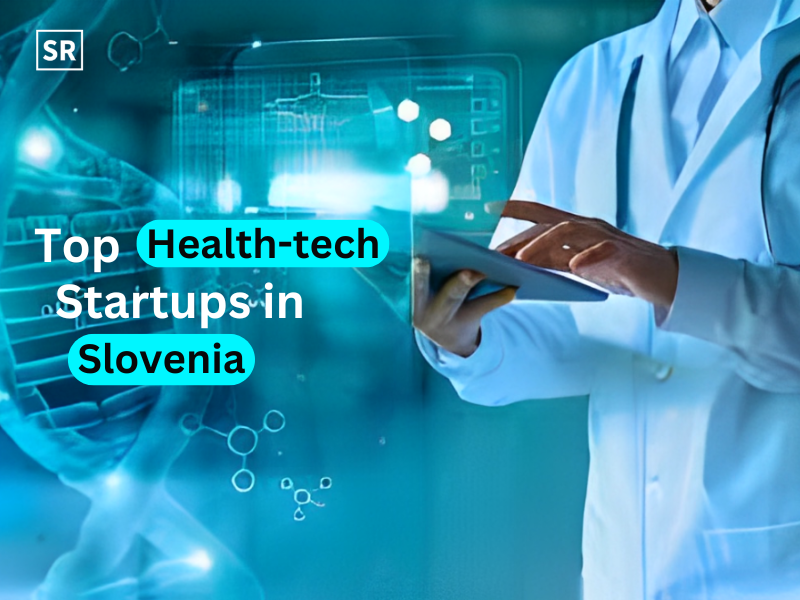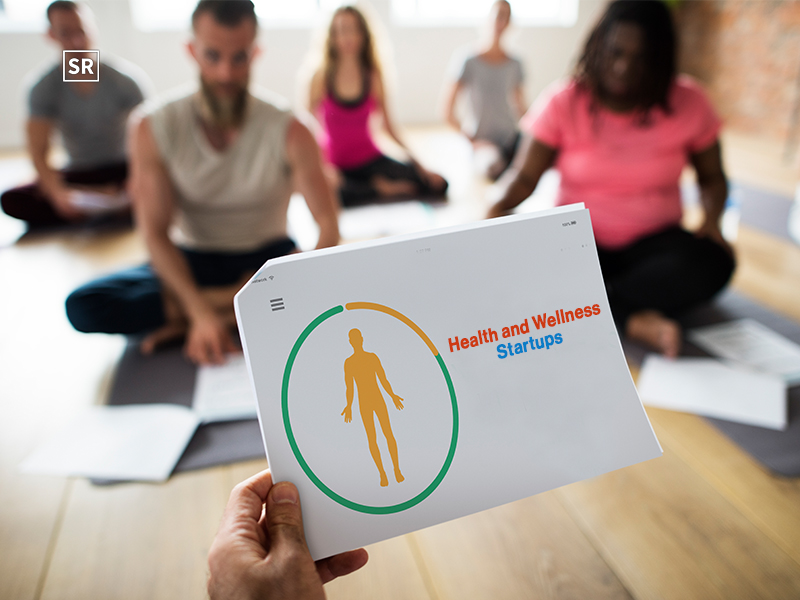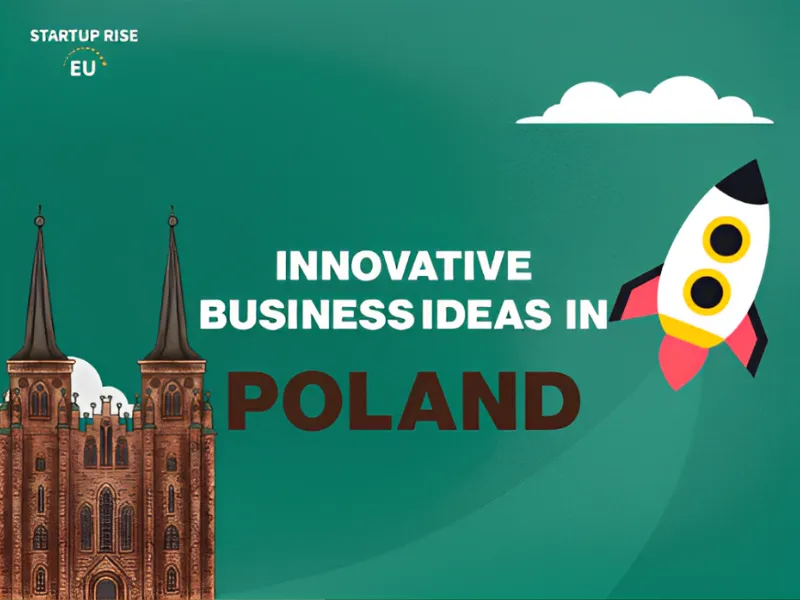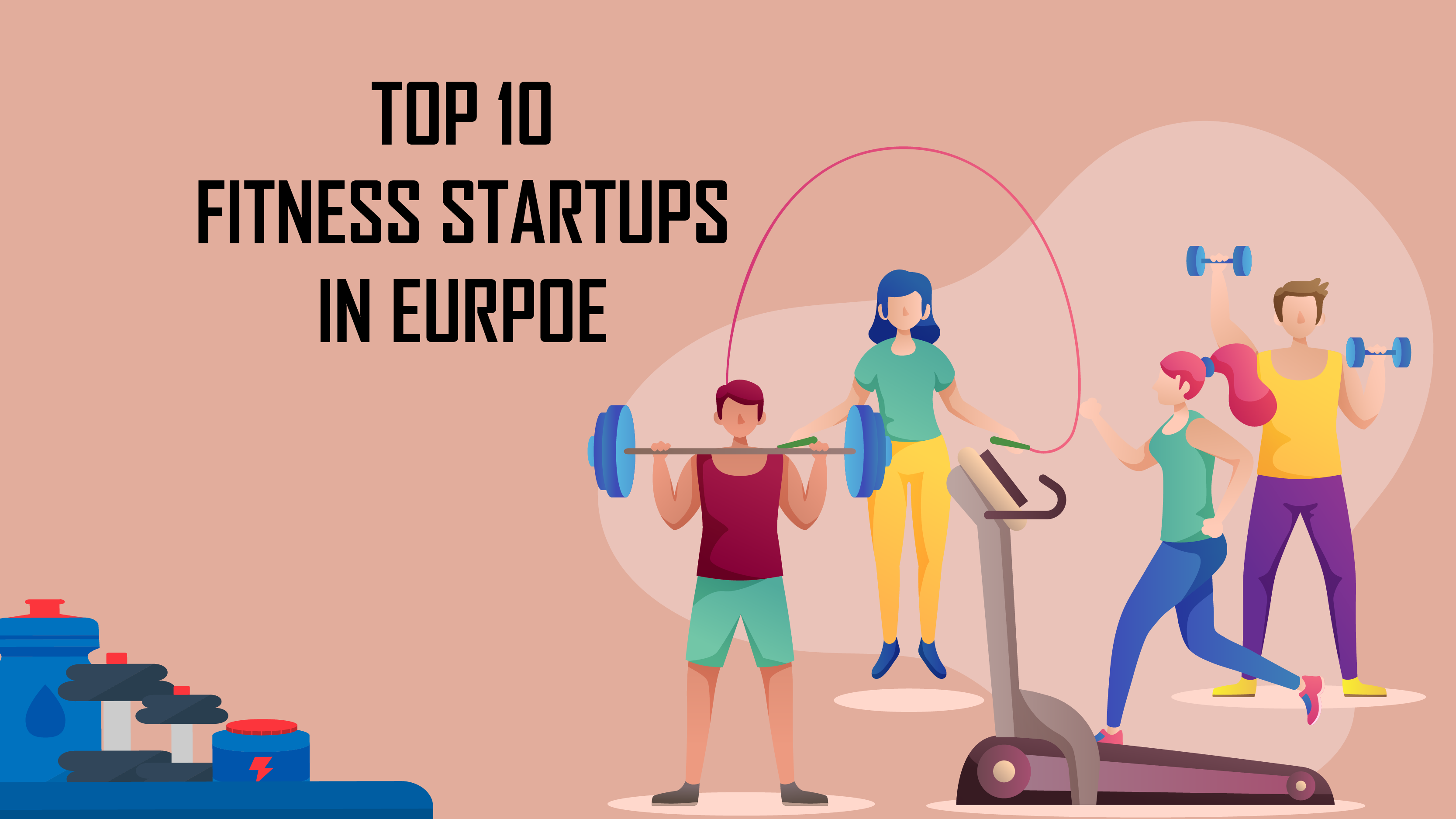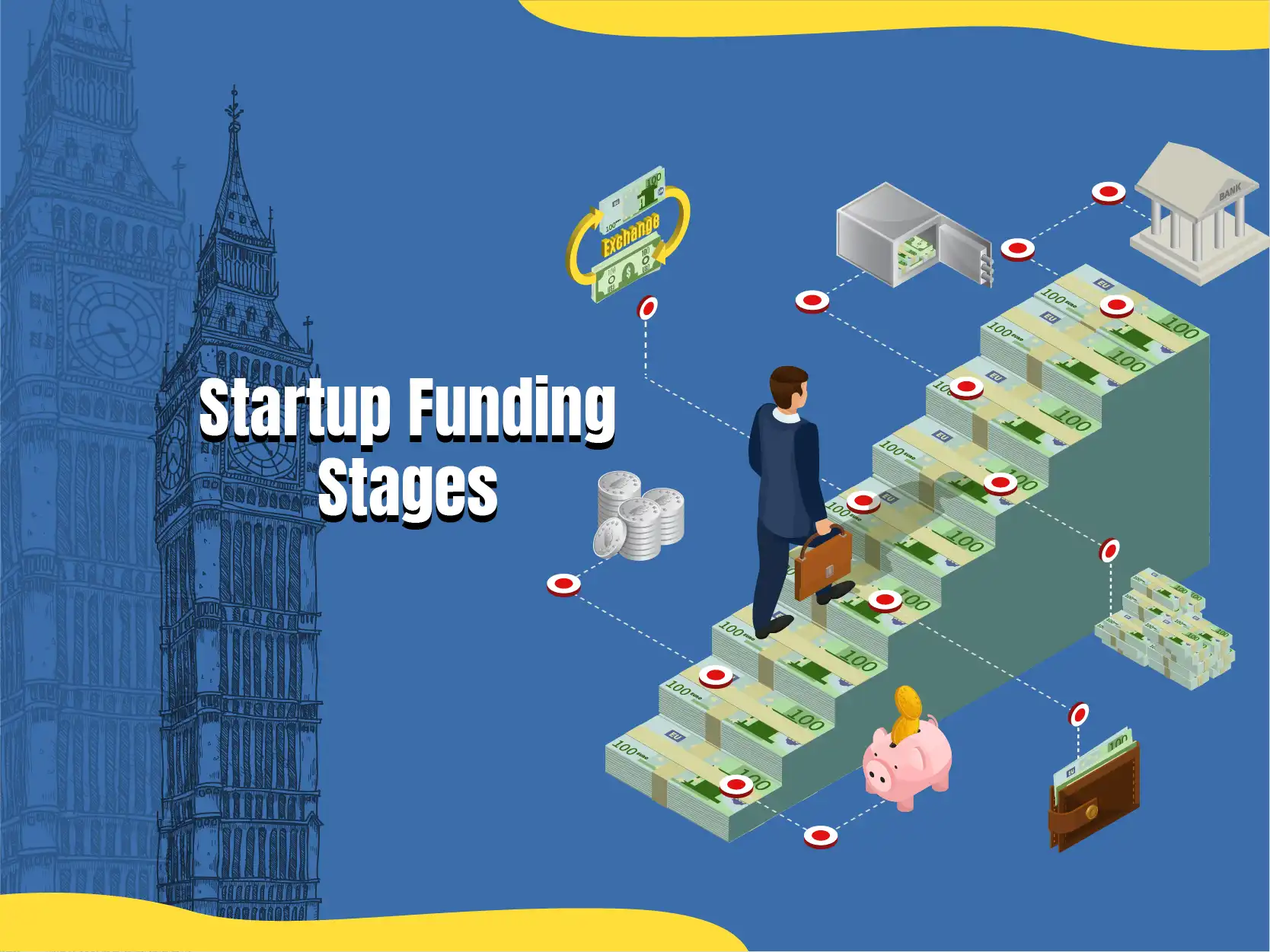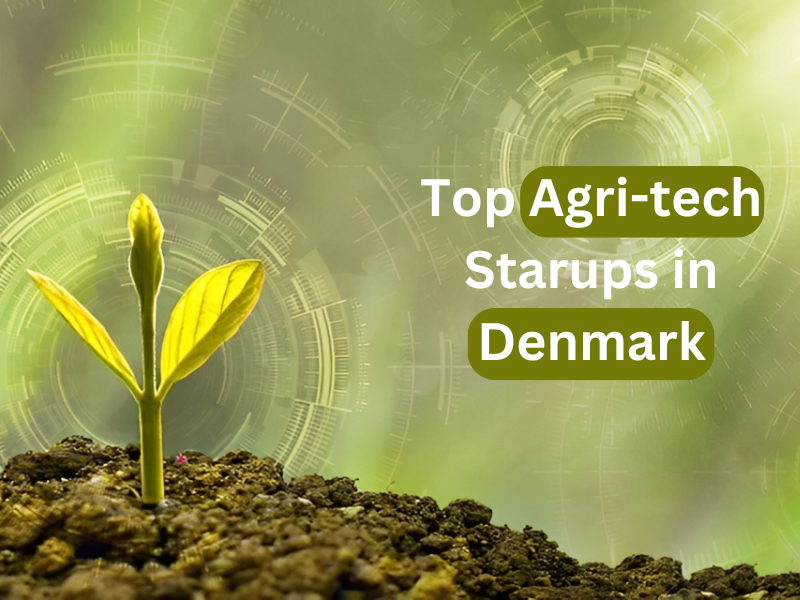
Agritech startups, also known as agricultural technology startups, are businesses that use technology to solve problems and increase efficiency in the agricultural industry. These firms are dedicated to creating new solutions, software, hardware, and services to revolutionize various parts of farming and agriculture.
Read also - Top 10 Clean Tech Startups in Europe
Their objectives frequently include boosting agriculture yields, better resource management, better animal care, and encouraging sustainability and environmental protection. Agritech businesses often employ a variety of technologies to modernize agriculture and contribute to food security, such as data analytics, IoT (Internet of Things), drones, and artificial intelligence.
Read also - Top 10 Real Estate Startups in Europe
These businesses play an important role in ensuring that the agricultural industry can satisfy the demands of a rising global population while solving the particular issues encountered by farmers by merging technology and agriculture.
Top 12 Agritech Startups in Denmark
AgroSense
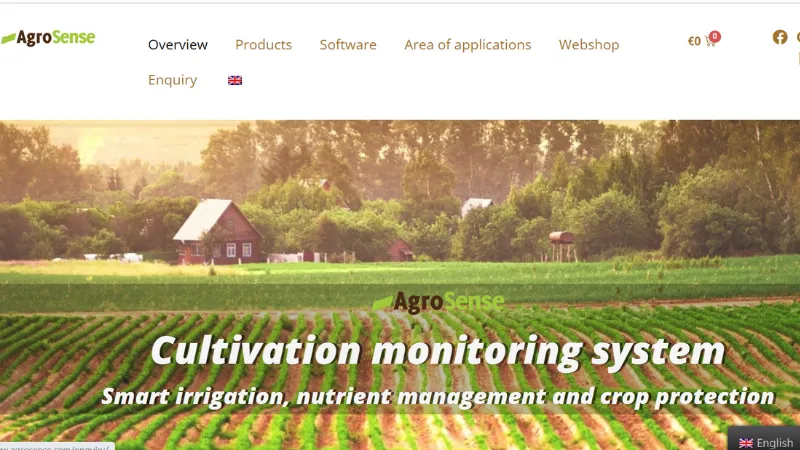
AgroSense is an agritech firm based in Aalborg, Denmark. AgroSense, founded in 2017 by Christian Grttrup and Jesper Ranum, focuses on offering smart farming solutions for the agriculture business. Their business approach relies on data-driven insights and precision agriculture, providing farmers with the tools they need to make smart crop management decisions.
Read also - Top 10 Home Care Startups In Europe
AgroSense's technology provides real-time agricultural production optimization and analytics while supporting sustainability. They hope to equip farmers with the information and skills they need to handle the challenges of contemporary agriculture through their creative methods.
DLF
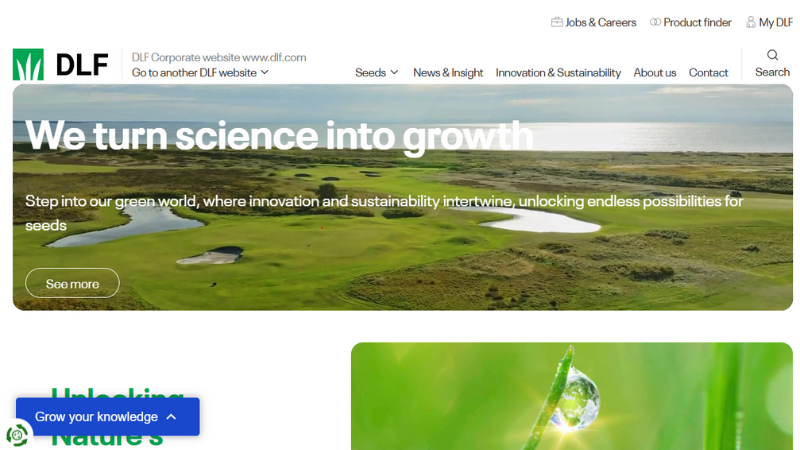
DLF is a global seed company based in Roskilde, Denmark. They supply high-quality products to over 80 countries around the world. DLF is the world's top producer of clover and grass seeds, holding a 30% share of the global market. The company serves over 80 countries, providing grass seed for farming and turf grass seed for professionals and consumers.
Read also - Top 10 Robotics Startups in Europe
DLF is fully integrated with its own R&D, production, and sales teams. The company has 2,000 employees in 22 countries, with one in ten working in research and development.
FieldSense

RECOMMENDED FOR YOU

Best Space Tech Startups in Europe to Watch |Europe’s Space Tech Startups
Kailee Rainse
Nov 5, 2024
FieldSense, located in Aarhus, Denmark, was created in 2014 to revolutionize farming practices. Anders P. Nielsen and Per Frank Hansen co-founded the corporation. The revolutionary business concept of FieldSense revolves around providing farmers with data-driven insights to help them optimize their agricultural operations.
Read also - Top 10 Fintech Startups in UK
FieldSense helps farmers make educated decisions regarding irrigation, fertilization, and crop health by using innovative sensor technology and analytics. As a result, yields grow, resource consumption decreases, and farming becomes more sustainable. FieldSense, with a dedication to improving global food production, plays a critical role in tackling modern agriculture's issues.
AgroIntelli

AgroIntelli, located in Tjele, Denmark, was founded in 2015 as a pioneering agritech firm focused on developing agricultural automation. The firm was founded by Henrik Anker Aagren to provide new solutions that improve farming productivity and sustainability. AgroIntelli's business concept relies upon the development of intelligent, self-driving agricultural gear and equipment.
Read also - Top 10 Agritech Startups in UK
They enable farmers to automate chores such as weeding, planting, and harvesting by employing cutting-edge technology like as robots and artificial intelligence. This not only enhances production but also decreases manpower needs and lessens farming's environmental effect. AgroIntelli is at the vanguard of the agricultural automation revolution, helping to make farming more sustainable and efficient.
ROEQ
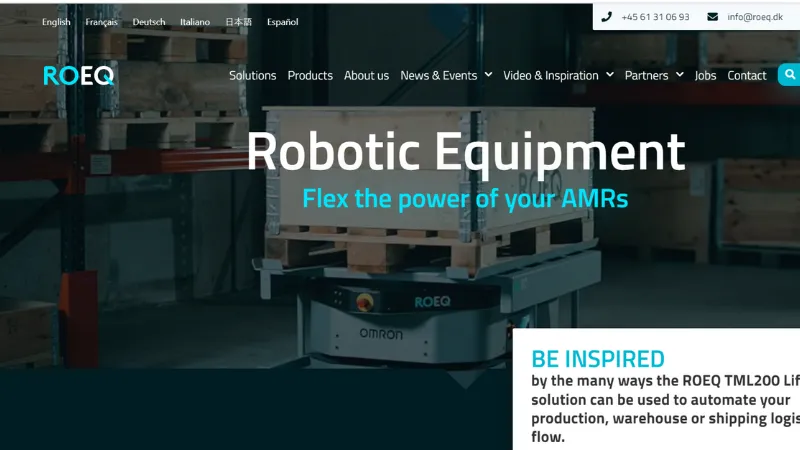
ROEQ, situated in Odense, Denmark, was founded in 2017 and specialises in robotic equipment and accessories for a variety of sectors, including agriculture. While the firm focuses on offering robot solutions for a variety of industries, its objective is to improve farm automation and efficiency.
Read also - Top 10 Elder Care Startups in Europe
Emil Ellese is the founder, and his team is focused on developing versatile and sturdy solutions, such as mobile robotic carts and accessories, that interface easily with autonomous robotic systems. ROEQ's business approach is based on developing intelligent solutions that enable automation and increase productivity in agriculture and other industries, eventually supporting sustainable and efficient practices.
FarmBackup

FarmBackup is the top provider of GPS tracking for mixed fleets. Our GPS tracker can be used for any vehicle, including tractors, trucks, and self-propelled machinery. Founded in 2015 in Denmark, a country known for its advanced farming, our mission is to change the farming industry and help farmers run a transparent and profitable business.
Read also - Top 10 Fitness Startups in Europe
FarmBackup aims to change the way farming machines are rented worldwide by connecting farmers who own different types of agricultural machinery. Our farm management system helps farmers and agricultural contractors make better decisions using data collection.
NextFarm
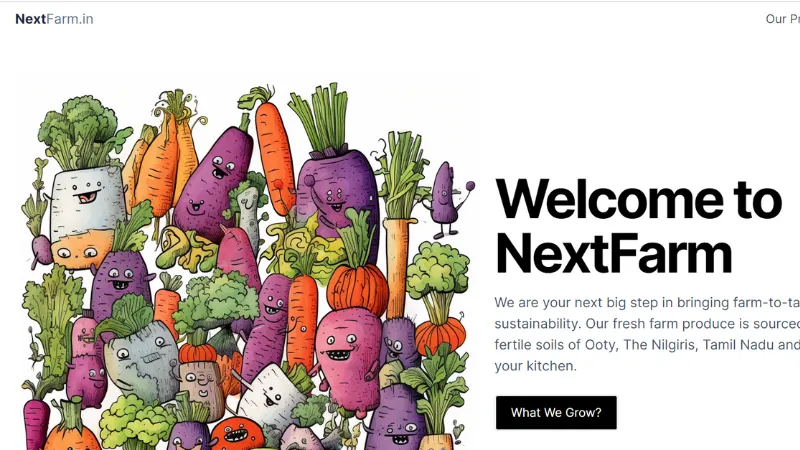
NextFarm, founded in 2017, is located in Odense, Denmark, and is an innovative force in the agritech sector. Peter Majgaard and Martin Torne co-founded the firm intending to revolutionise agriculture using cutting-edge technologies. Precision farming is at the heart of NextFarm's business strategy, which leverages data analytics, sensors, and automation to optimize agricultural operations.
Read also - Top 10 Media Startups in Europe
NextFarm contributes to better yields and sustainable practices by offering farmers with real-time data and smart solutions for crop management, irrigation, and resource allocation. NextFarm is transforming the future of agriculture in Denmark and throughout the world by focusing on efficiency and eco-conscious farming.
ROCKWOOL
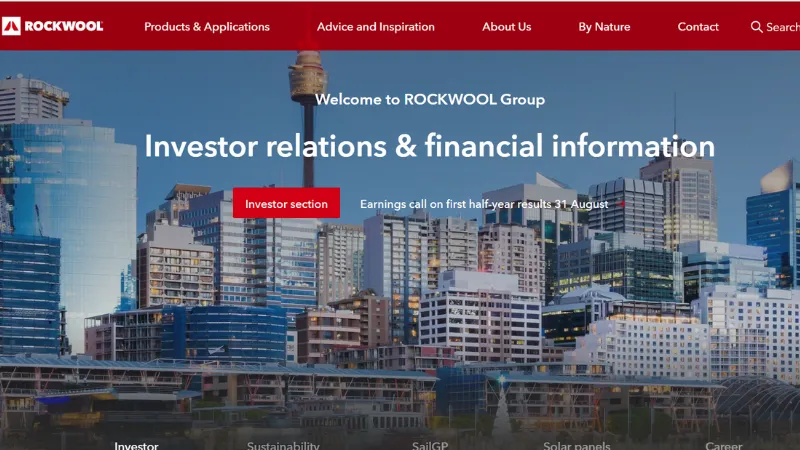
ROCKWOOL, founded in 1909 by Henrik Marstrand, is based in Hedehusene, Denmark, and is a global pioneer in stone wool insulation solutions. The company's distinct business model relies on the development of environmentally friendly and energy-efficient building materials. ROCKWOOL makes insulating materials that improve energy efficiency, minimize environmental impact, and improve living circumstances by using the power of natural stone.
Read also - Top 10 Best Tech Startups in Europe
These goods are employed in a variety of applications, ranging from residential and commercial structures to industrial facilities. ROCKWOOL's dedication to innovation and sustainability positions it as a vital player in tackling modern energy consumption and climate change concerns through smart and eco-friendly building solutions.
Agro Business Park
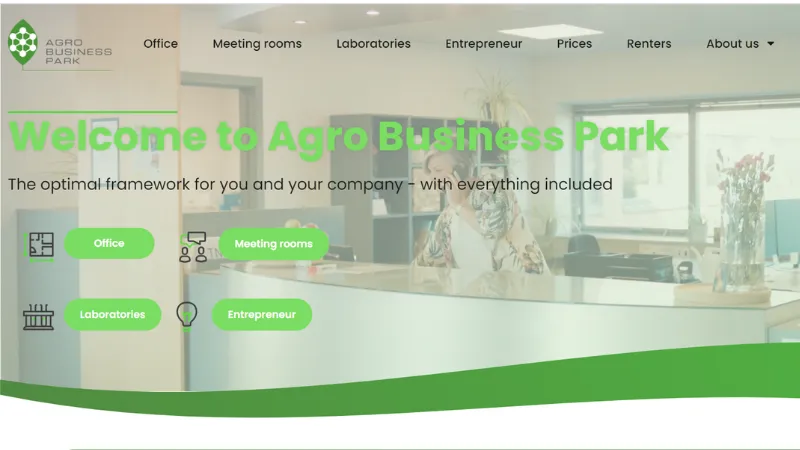
Agro Business Park, situated in Foulum, Denmark, was formed in 2004 as a dynamic innovation center and research park focusing on the agro-industry and agri-food industries. This platform, founded by visionary founders and agricultural specialists, encourages collaboration and innovation among startups, enterprises, and research institutions.
Read also - Top 10 VR Startups in Europe
The business concept of the park revolves around offering cutting-edge facilities, resources, and professional assistance to agro-tech startups and established enterprises, supporting research and development activities aiming at sustainable and efficient solutions for the agricultural and food sectors. Agro Business Park plays an important role in encouraging innovation and tackling the complex difficulties faced by the agro-business sector by bringing together various stakeholders and providing a dynamic environment.
Vegger

Vegger, based in Copenhagen, Denmark, and founded in 2019, is a promising agri-tech firm pioneering vertical farming solutions. Vegger's business concept is based on ecological and resource-efficient vertical farming, which was founded by visionary entrepreneurs. They use cutting-edge technology to grow a range of fresh, pesticide-free veggies indoors, therefore lowering water use and carbon impact.
Read also - Top 10 Semiconductor Manufacturing Companies in Europe
Vegger, provides local, high-quality vegetables all year, which helps food security while reducing the environmental effect of traditional agriculture. Their forward-thinking strategy connects with the rising demand for locally produced, sustainable food and offers a solution to the issues posed by climate change and food supply chain disruptions.
Ingemann Data

Ingemann Data A/S is a climate-smart FinTech that offers products and solutions such as agroclimatic risk scores, a climate-smart crop identifier, a CO2 calculator per credit, and harvest projections. These tools help both smallholder farmers and financial institutions. Our data platform, Agroclimatica, provides risk scores that complement traditional credit scores by measuring the agroclimatic risks of a farm.
This helps financial institutions see climate-resilient products and opportunities in agriculture. With this climate-smart tool, we aim to promote long-term, sustainable financial inclusion and climate-smart farming worldwide.
Fauna Smart Tehnologies

Fauna Smart Technologies is creating tools to support smart farming and restore balance in agricultural ecosystems. With expertise in horticulture, crop protection, and food security, the company offers science-based and data-driven services to help farmers with everyday challenges. They also help farmers safely switch from traditional to biological farming practices, promoting sustainability.
We are creating innovative tools for quick, accurate, and affordable pest management to reduce the use of (bio)pesticides and improve both the economy and the environment. As our business grows, we will offer more biocontrol solutions to make farming systems more sustainable and regenerative.


 Follow us
Follow us Follow us
Follow us



